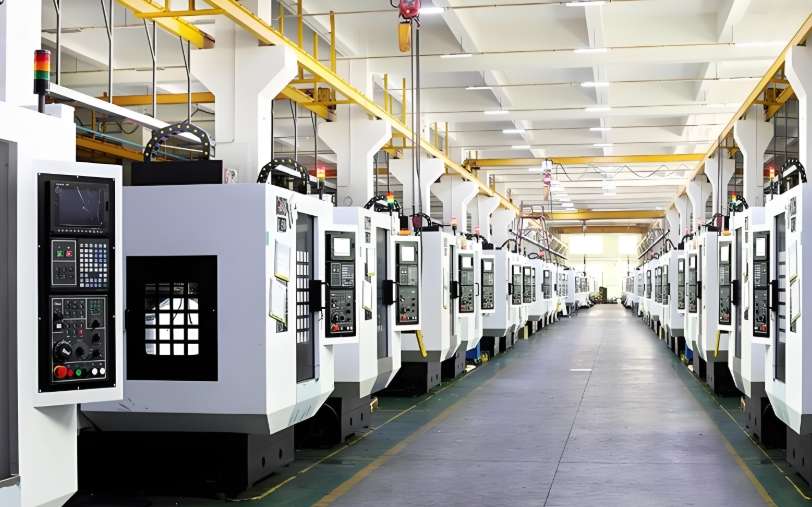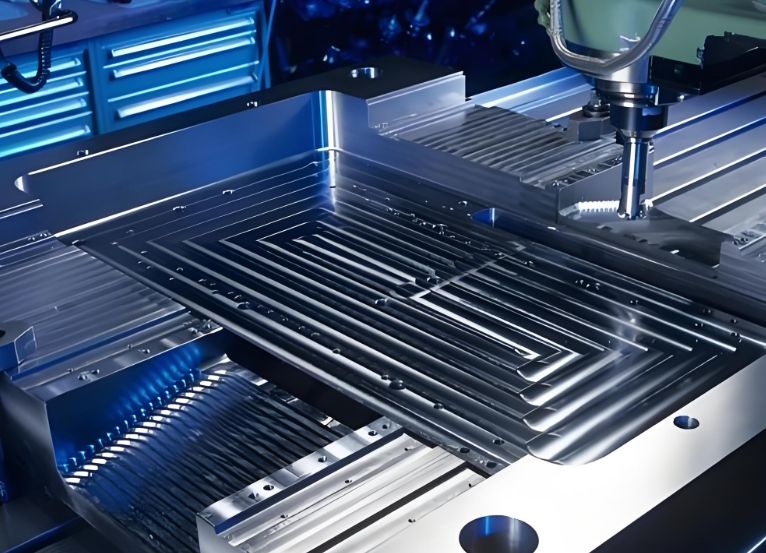Thermal Management Revolution: CDU Technology Redefines the Boundaries of High-Temperature Precision Machinin
When the workshop thermometer climbs to the 45°C red line, the cooling efficiency of the CNC machining center directly translates into product pass rates. Industry data shows that dimensional deviations caused by thermal disturbances account for 37% of precision part scrap. The new generation of coolant distribution units (CDUs), with their innovative sealing architecture, is building a thermal barrier for manufacturing under extreme conditions—its bimetallic defense system can compress the temperature difference in the machining area to within the critical range of ±0.4°C, remaining rock-solid even in the face of IP6X-level dust erosion.
Leakage issues are often exponentially exacerbated in dusty, high-temperature environments. The process innovations of the third-generation CDU directly address these pain points:
-
Fluid pipelines are brazed in a vacuum environment, with copper-tin alloy molecular diffusion depth exceeding 70 micrometers.
-
The pressure-bearing casing, treated with reverse friction stir welding, has grain sizes refined to below 15 micrometers.
Third-party accelerated durability tests indicate that after simulating eight years of continuous vibration, the unit's flow fluctuation rate remains below 3% of the design threshold—a figure repeatedly verified on the turbine casing machining site.
The true value of precision manufacturing stems from cross-process synergy. In the workshop of an aerospace component supplier, as the CDU provides dynamic temperature control for a five-axis machine tool, the precision turning unit is forming high-temperature alloy bushings with a true roundness of 0.002 mm, while the wire-cutting machine is carving turbine blade film cooling holes with a φ0.15 mm electrode wire. The magic of this technical closed loop lies in the fact that the nanocoated heat sinks manufactured by turning improve the CDU's heat exchange efficiency by 28%, and the CDU's precise pulse cooling extends the tool life to 35 machining cycles—proven to reduce tool wear by 41% in the mass production of a certain engine part.
Sustainable development is integrated into every technical node. The magnetically coupled drive system of the CDU reduces energy consumption by 42%, with the annual electricity savings of a single unit equivalent to the lighting demand of a medium-sized factory for ten days. Biodegradable coolant, certified by international ecological standards, is particularly suitable for the machining of medical implants. More commendably, its agile retrofitting characteristics are demonstrated by a case study of an automotive parts production line, where integrating the CDU into existing CNC machining equipment required only eight hours of process adjustment.
High-precision manufacturing is akin to micro-sculpting art— a temperature deviation of 0.1°C is enough to ruin a perfect surface. Brazing and friction stir welding have forged the indestructible body of the CDU, while turning and wire cutting have given it the hands to shape precision. When you need to customize a complete precision machining solution for high-temperature environments, visit our website to obtain engineering white papers and industry application cases:
www.simituo.com.

